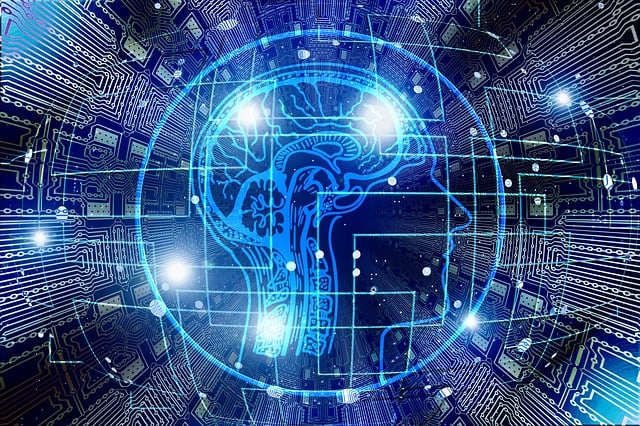Table of Contents
The world of artificial intelligence (AI) is both fascinating and complex, promising to revolutionize the way we live and work. This article delves into the multi-faceted dimensions of AI, unraveling its secrets.
• The Historical Evolution of AI
Artificial intelligence (AI) was first introduced in 1956 by John McCarthy at the Dartmouth Conference. Initially rule-based, AI boomed with symbolic computation, but faced challenges and over-promises. Advances in computing power and machine learning algorithms revived AI, with breakthroughs in natural language processing and computer vision. Today, AI is a sophisticated discipline utilizing deep learning and neural networks.
• Core Components: Machine Learning and Deep Learning
AI is primarily driven by machine learning (ML) and deep learning (DL), which enable systems to learn from data and improve over time. ML algorithms can be supervised, unsupervised, or reinforcement learning, with supervised learning using labeled data for training and unsupervised learning identifying patterns. Deep learning uses neural networks with multiple layers, making it effective for tasks like image recognition, speech synthesis, and autonomous driving. Both ML and DL have contributed to AI advancements, enabling machines to perform at or above human-like capabilities.
• Real-World Applications of AI
AI is no longer confined to theoretical research; it has widespread real-world applications across various sectors. In healthcare, AI-powered diagnostic tools can analyze medical images and detect diseases with a high degree of accuracy, significantly reducing diagnosis time. Financial services employ AI for fraud detection, where algorithms can sift through vast amounts of transactional data to identify unusual patterns indicative of fraudulent activity. Retailers utilize AI for inventory management, demand forecasting, and personalized customer experiences, enhancing operational efficiency and customer satisfaction. The automotive industry is perhaps one of the most visible adopters of AI, with self-driving cars using complex algorithms to navigate and make real-time decisions. Even in creative fields, AI is being used to compose music, write articles, and generate art, showcasing its versatility and potential to augment human creativity.
• Ethical Considerations and Challenges
While AI offers immense benefits, it also poses ethical dilemmas and challenges that cannot be overlooked. One of the primary concerns is biased algorithms. Since AI systems learn from historical data, they can inadvertently perpetuate existing biases, leading to unfair or discriminatory outcomes. Another pressing issue is the invasion of privacy, as AI technologies often rely on vast amounts of personal data to function effectively. There is also the question of job displacement, as automation powered by AI can lead to significant changes in the job market, potentially rendering certain skills obsolete. Furthermore, the misuse of AI in surveillance and weaponry brings up questions of morality and human rights. As such, it is crucial for policymakers, technologists, and ethicists to collaborate on establishing guidelines and regulations that ensure the responsible development and deployment of AI technologies.
• The Future of AI: Prospects and Predictions
The future of AI holds endless possibilities, from the continued evolution of cognitive computing to the advent of general artificial intelligence, where machines possess the ability to understand, learn, and apply knowledge across a wide range of tasks, mimicking human intelligence. Innovations in quantum computing could further accelerate the capabilities of AI, solving problems that are currently beyond the reach of classical computers. In everyday life, we can expect more seamless integration of AI into various facets of our daily activities. Virtual assistants will become more intuitive, smart home systems more autonomous, and personalized services increasingly accurate. The fusion of AI with other emerging technologies like the Internet of Things (IoT) and biotechnology could lead to unprecedented advancements in fields such as healthcare, agriculture, and environmental sustainability. However, realizing this future will require ongoing advancements in AI research, along with vigilant oversight to address the ethical and societal impacts that accompany this powerful technology.
In conclusion, artificial intelligence is a rapidly advancing field with the potential to transform numerous aspects of our lives. As we continue to unlock its secrets, a balanced approach that considers both the technological possibilities and ethical implications will be crucial for a beneficial and sustainable AI-driven future.
